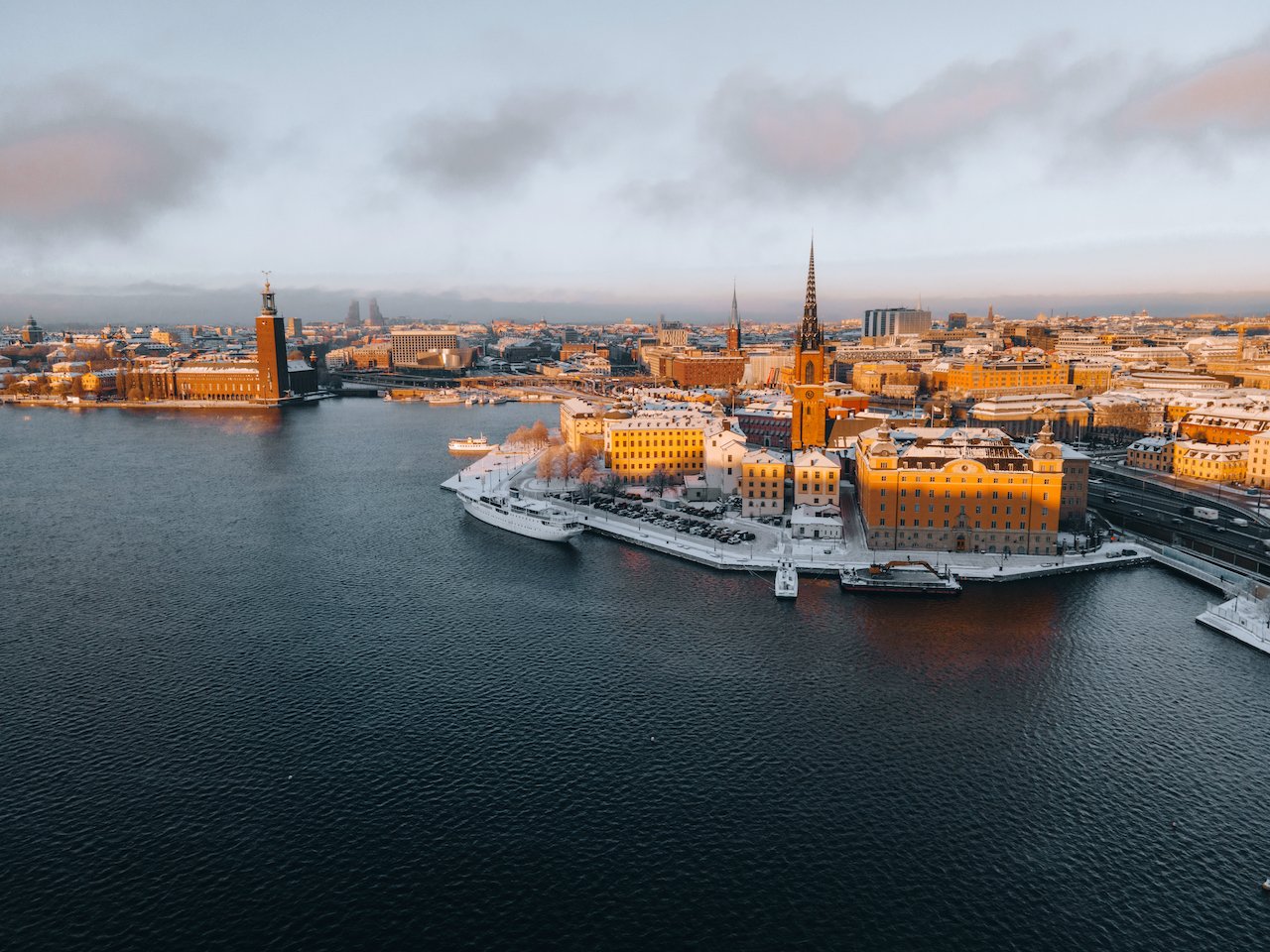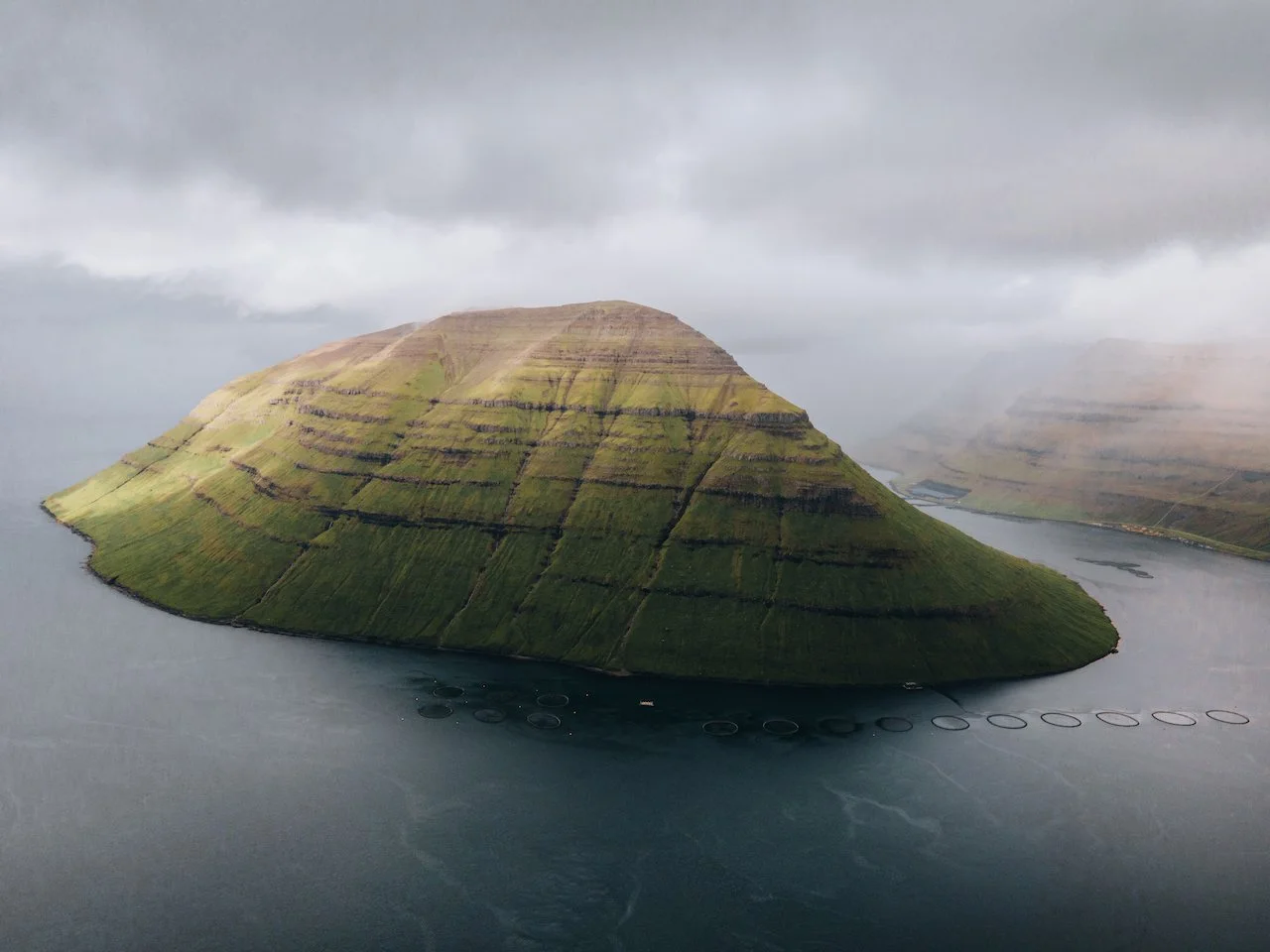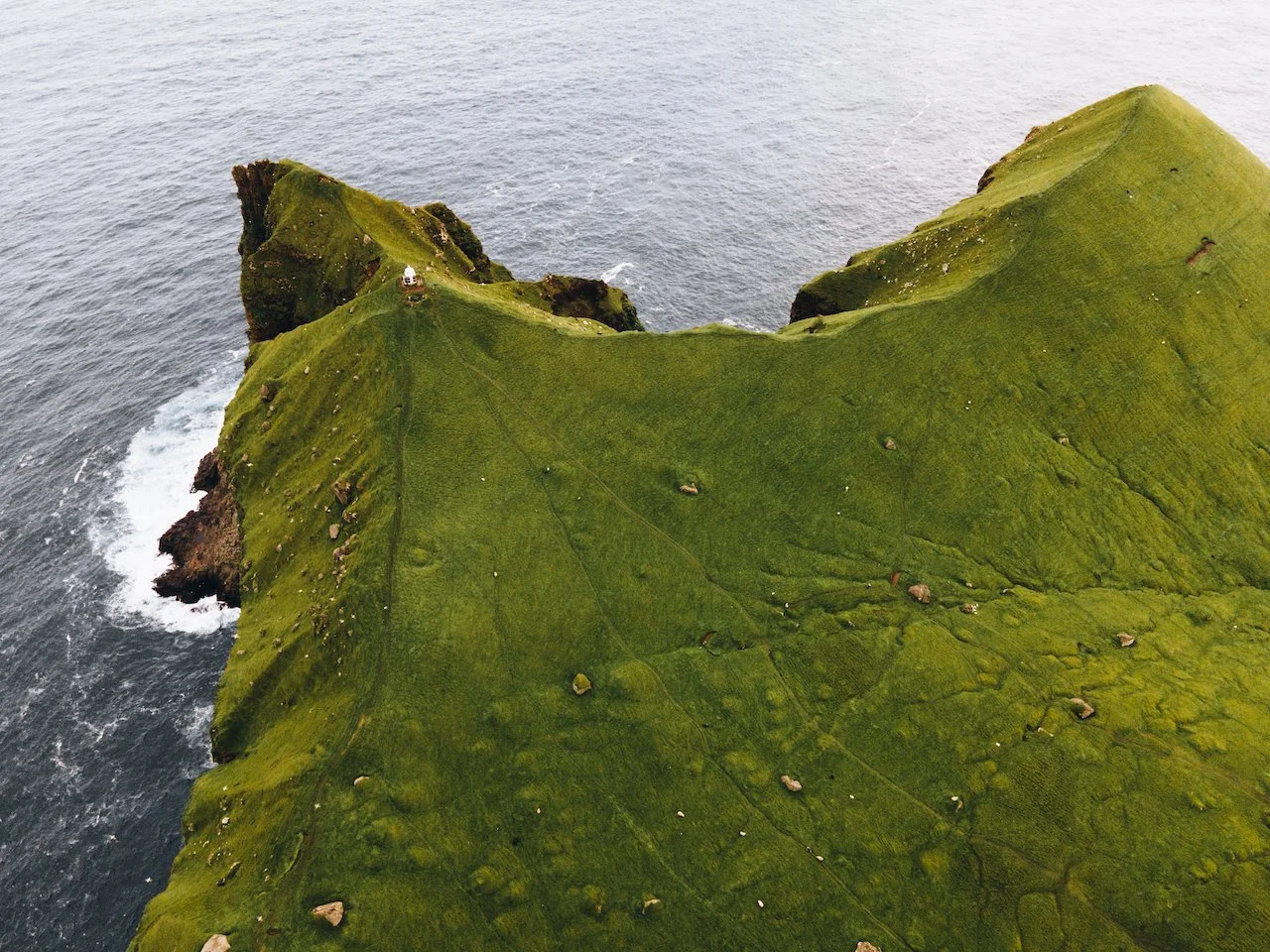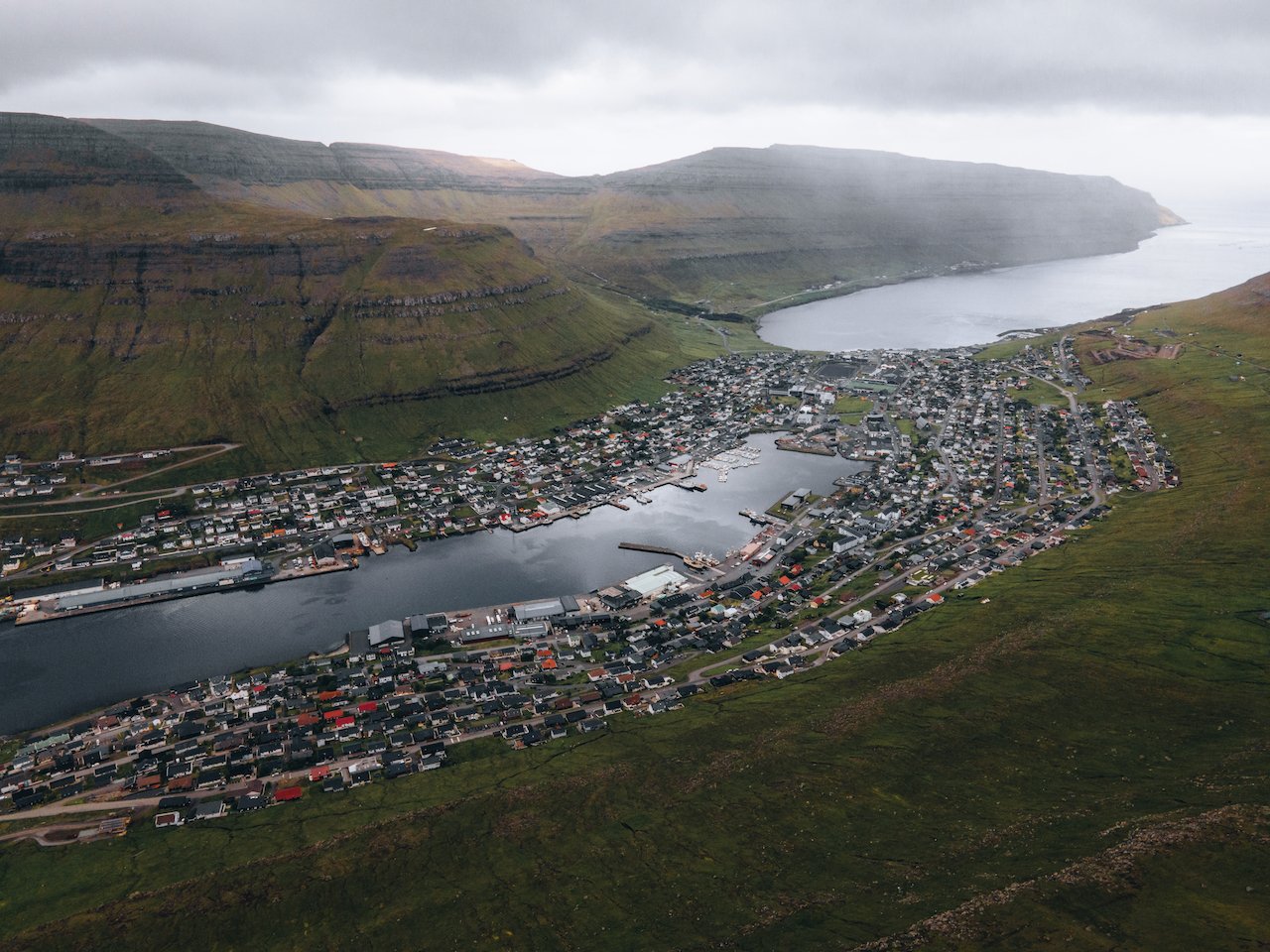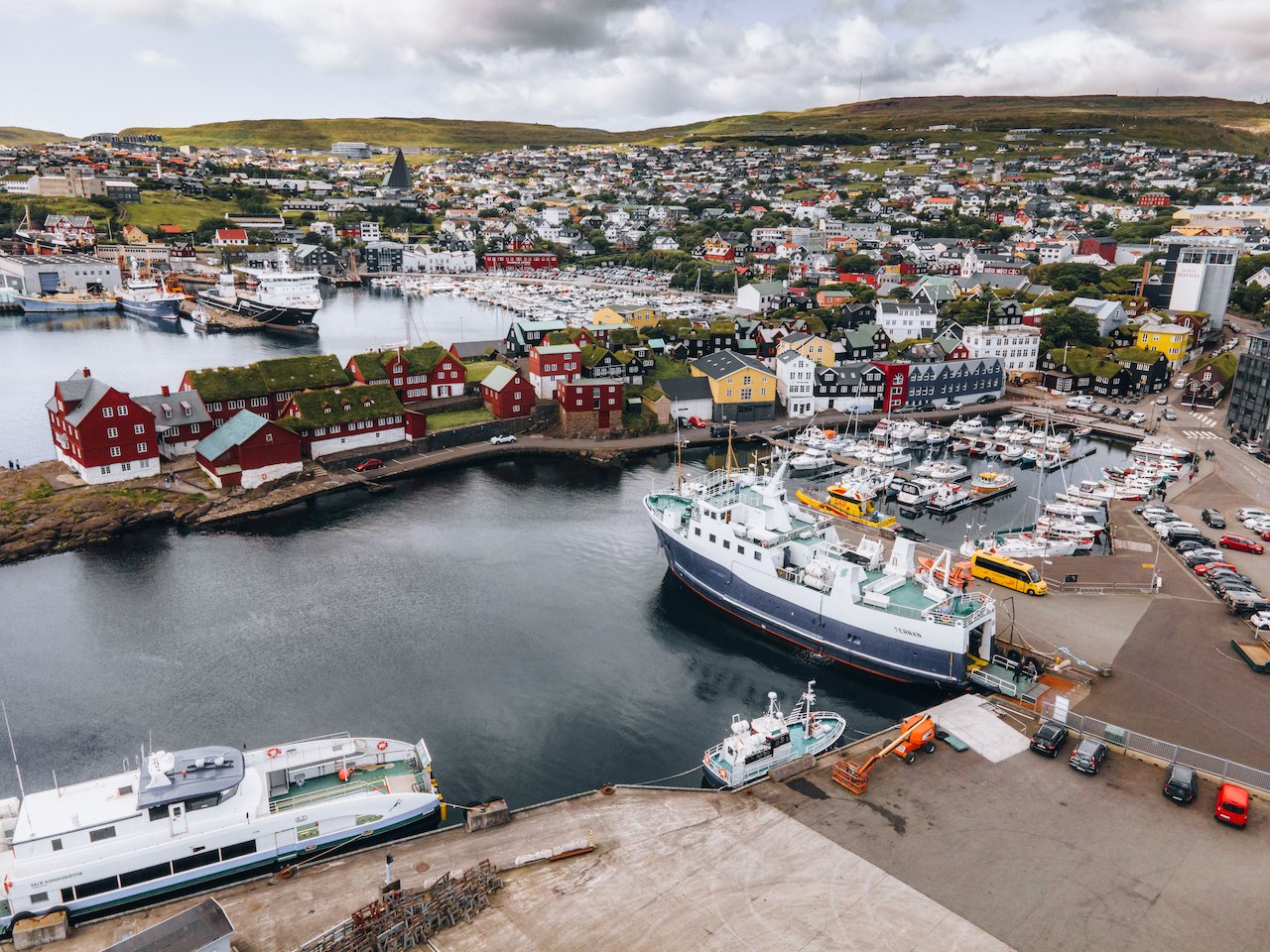TRAVEL BLOG
A Weekend Trip to the Danish town of Aarhus
Aarhus is the 2nd largest city in Denmark whose origins date back to the 8th century. This city is full of history, green spaces, cafes, museums, and all around good vibes. I visited here in May and saw such cool places like the Aarhus Art Museum (ARos), Aarhus Cathedral, Our Lady Church, Aarhus Customs House, Marselisborg Beach and Castle, The Infinite Bridge, Mejlborg, and Mølleparken.
The ULTIMATE Guide to Scandinavia
The countries of Scandinavia include Sweden, Norway, and Denmark. Despite being geographical neighbors, there is a long history among these countries. They are truly unique places in comparison to other countries of the world and are very much worth seeing. Use this guide for not just seeing their capitals (Stockholm, Oslo, Copenhagen), but also their cities as well.
The ULTIMATE Guide to the Nordics
The Nordics include Sweden, Finland, Denmark, Norway, Iceland, and the Faroe Islands. This part of Europe contains such awesome metropolitan capitals like Stockholm, Reykjavik, and Tórshavn (among others). Along with such iconic cities in these Northern European countries, you will also find gorgeous fjords, waterfalls, snow topped mountains, massive castle, and cool cathedrals. I have outlined all Nordic cities (including capitals), as well as the natural attractions in this part of the world and consolidated them into this ultimate guide!
The Epic Faroe Islands Road Trip Adventure
The Faroe Islands is a North Atlantic archipelago owned by Denmark. This small country with its 50,000 inhabitants has some of the best nature you can imagine. Islands like Vágar, Mykines, Streymoy, Eysturoy, Kalsoy, Bordoy, Vidoy, and Sandoy all have amazing nature to see and appreciate. Renting a car to travel through Faroe in the summertime is the way to go so use this guide as a resource!
The Waterfalls of the Faroe Islands
The Faroe Islands are in no shortage of waterfalls, but some are more gorgeous than others. This is a guide on some of the most notable ones spread across the islands of Streymoy, Vágar, and Bordoy. Notably, the Fossá, Múlafossur, Skarðsáfossur, Bøsdalafossur, Svartafoss, Týggjará, and Svartidalurfoss Waterfalls are the most worth seeing.
A Journey to the Faroe Islands: The Island of Kunoy
The long and narrow island of Kunoy is located in the Northeast of the Faroe Islands. It translates to 'Woman Island' and has a great view of the Kalsoyarfjørður fjord. The villages of Kunoy and Haraldssund occupy the island and has populations of 77 and 69, respectively. The Kunoy forest can also be found here, possessing the largest concentration of trees found in the Faroe Islands.
A Journey to the Faroe Islands: The Island of Sandoy
The island of Sandoy is located within the Faroe Islands archipelago, which is owned by Denmark. The village of Sandur boasts the largest population on the island with 532 inhabitants. The villages of Skarvanes, Skopun, Skálavík, Húsavík and Dalur can also be found on the island of Sandur. The name comes from the relatively sandy soil that makes up the island.
A Journey to the Faroe Islands: The Island of Mykines
The island of Mykines is located within the Faroe Islands archipelago, which is owned by Denmark. It is the westernmost island in the entire nation and was formed 60 million years ago. Large stacks of basalt can be seen along the coastline, specifically near the 1 km long islet Mykineshólmur. The population on the island has declined significantly with only 11 permanent inhabitants in 2014.
A Journey to the Faroe Islands: The Island of Vidoy
The island of Viðoy (meaning 'Wood Island') is located within the Faroe Islands archipelago, which is owned by Denmark, and has a population of 605. The settlements of Viðareiði and Hvannasund occupy the Northwest and Southwest coasts of the island, respectively. There are 11 mountains alone on this island with Villingadalsfjall being the northernmost among the Faroe Islands.
A Journey to the Faroe Islands: The Island of Kalsoy
The island of Kalsoy (meaning 'Mans Island') is located within the Faroe Islands archipelago, which is owned by Denmark. The island is isolated and can be reached by a ferry from Klaksvík to Syðradalur. A hike to the Kallur Lighthouse in Trøllanes is a must with stops at the settlements of Mikladalur and Húsar. Kalsoy was also a filming location for the 25th James Bond Film, 'No Time to Die'.
A Journey to the Faroe Islands: The Island of Bordoy
The island of Bordoy (meaning 'Headland island') is located within the Faroe Islands archipelago, which is owned by Denmark. There are 8 settlements on the island with a combined population of 6,314. One settlement is Klaksvík, the second largest city in the Faroe Islands. Notable places to see on Bordoy include Svartidalurfoss, Klakkur, Christianskirkjan, and the Árnafjarðar Church.
A Journey to the Faroe Islands: The Island of Eysturoy
The island of Eysturoy (meaning 'East Island') is located within the Faroe Islands archipelago, which is owned by Denmark. It is the 2nd largest and most populated island in the country, containing the villages of Eiði and Gjógv to the north, the basalt sea stacks Risin og Kellingin, Slættaratindur - the highest mountain in Faroe, and the fjords Skálafjørður and Funningsfjørður.
A Journey to the Faroe Islands: The Island of Streymoy
The island of Streymoy (meaning 'Island of Currents') is located within the Faroe Islands archipelago, which is owned by Denmark. It is the largest/most populated island in the country, also containing the capital city of Tórshavn. Great places to visit include the villages of Tjørnuvík, and Kirkjubøur,, Fossá Waterfall, Tórshavn, Kirkjubøur, Týggjará Waterfall, and the black sand beach at Saksun.
A Journey to the Faroe Islands: The Island of Vágar
The island of Vágar is located within the Faroe Islands archipelago, which is owned by Denmark. The three largest villages are Miðvágur, Sandavágur and Sørvágur but the highlight of Vágar are its natural features: Tindhólmur and Drangarnir, the Múlafossur, Bøsdalafossur, and Skarðsáfossur waterfalls, Lake Sørvágsvatn, and the Trøllkonufingur and Dunnesdrangar Sea Stacks.
A Journey to the Faroese Capital of Tórshavn
The Norse established their parliament on the Tinganes peninsula of Tórshavn in 850 AD, which has since been known as the capital city of the Faroe Islands with a population of 13,083. The city features great attractions like the Svartafoss Waterfall, Vesturkirkjan, Skansin, and the Tórshavn Old Town. All roads lead to Tórshavn in the Faroe Islands and a day is all you need to explore the city.
Just a few reasons to see Helsingborg in the South of Sweden
Helsingborg is the 9th largest city in Sweden, located in the South (otherwise known as Skåne). A city of barely 100,000, it is worth seeing as it boasts excellent architectural wonders like Rådhuset and Kärnan, great beaches and ports that can whisk you to Helsingør, Denmark, and wonderful manor grounds at Sofiero. The island of Ven is also a popular day trip for many of the residents here.
A Guide to Sweden: Stockholm, Uppsala, Gothenburg, Malmö, Lund, Helsingborg, Kalmar, Öland, Marstrand, Visby, Fårö, Gotland, and Swedish Castles
So many things come to mind when you think of Sweden: ABBA, Skiing, IKEA, Volvo, High Taxes, Vikings, the Swedish Chef, etc. Sweden is also more than just its capital of Stockholm. If you have the time, be sure to check out other Swedish cities like Gothenburg (the 2nd largest), Malmö (the 3rd largest), Uppsala and Lund (both university towns), Helsingborg in the South of Sweden, Kalmar in Småland County, and the islands of Öland and Marstrand off the Swedish coast.
A Guide to the Nordic Capitals: Oslo, Helsinki, Stockholm, Copenhagen, Reykjavik, Tórshavn, and Mariehamn
The Nordic region of Europe consists of some of the world's happiest countries. The term Nordic is often mixed with Scandinavia though the two represent certain parts of Northern Europe. Each capital is quite different and has much to offer. This guide breaks down the Nordic capital cities of Copenhagen, Stockholm, Oslo, Helsinki, Reykjavik, Torshavn, and Mariehamn.


